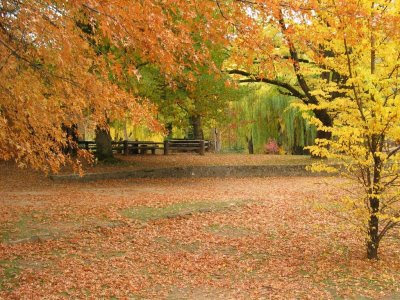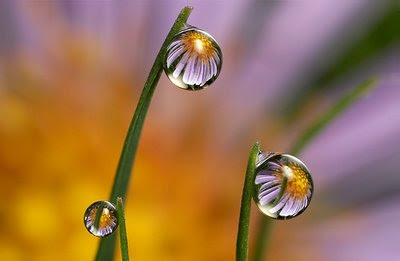 [Image from Carry Akroyd’s linocut illustrating November from “The Shepherd’s Calendar 2007” published by Carcanet Publications
[Image from Carry Akroyd’s linocut illustrating November from “The Shepherd’s Calendar 2007” published by Carcanet PublicationsNovember
The boy that scareth from the spirey wheat
The mellancholy crow—quakes while he weaves
Beneath the ivey tree a hut and seat
Of rustling flags and sedges tyd in sheaves
Or from nigh stubble shocks a shelter thieves
There he doth dithering sit or entertain
His leisure hours down hedges lost to leaves
While spying nests where he spring eggs hath taen
He wishes in his heart twas summer time again
And oft he'll clamber up a sweeing tree
To see the scarlet hunter hurry bye
And feign woud in their merry uproar be
But sullen labour hath its tethering tye
Crows swop around and some on bushes nigh
Watch for a chance when ere he turns away
To settle down their hunger to supply
From morn to eve his toil demands his stay
Save now and then an hour which leisure steals for play
Gaunt grey hounds now their coursing sports impart
Wi long legs stretchd on tip toe for the chase
And short loose ear and eye upon the start
Swift as the wind their motions they unlace
When bobs the hare up from her hiding place
Who in its furry coat of fallow stain
Squats on the lands or wi a dodging pace
Tryes its old coverts of wood grass to gain
And oft by cunning ways makes all their speed in vain
---oOo---
You can view some of Carry's wonderful work at http://www.carryakroyd.co.uk/











